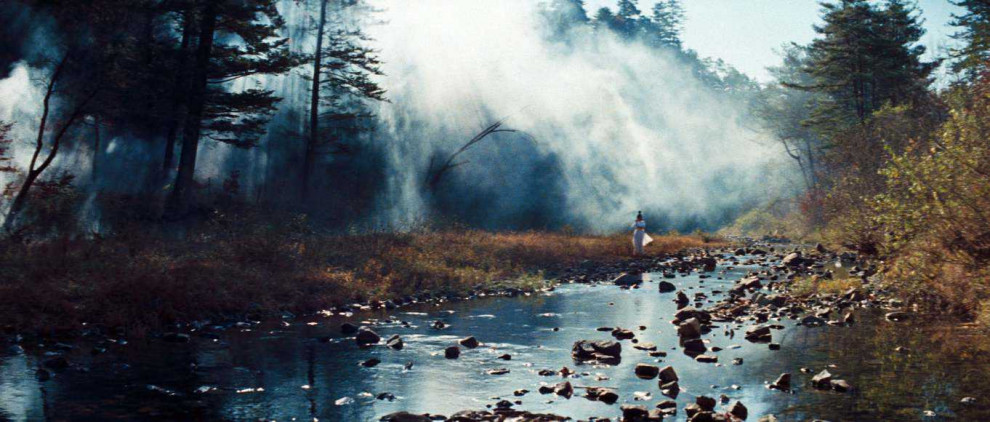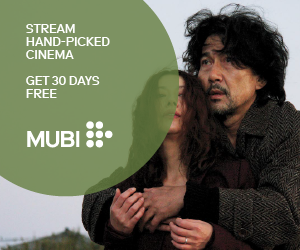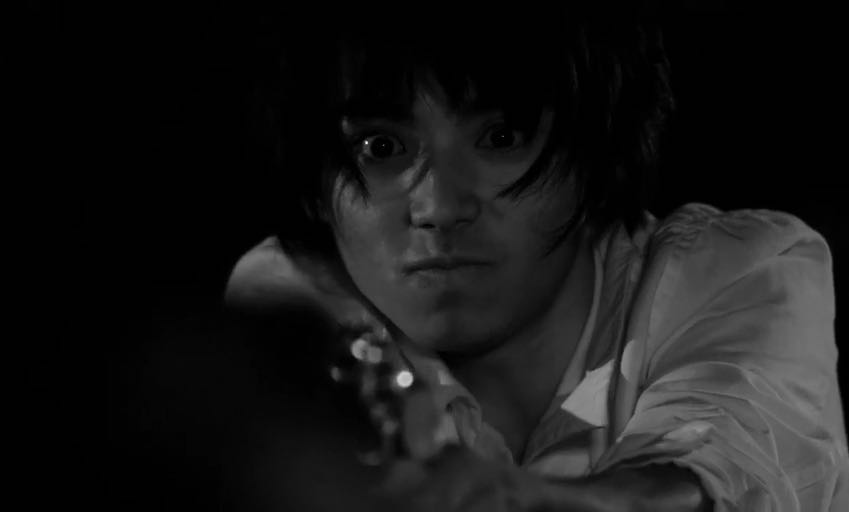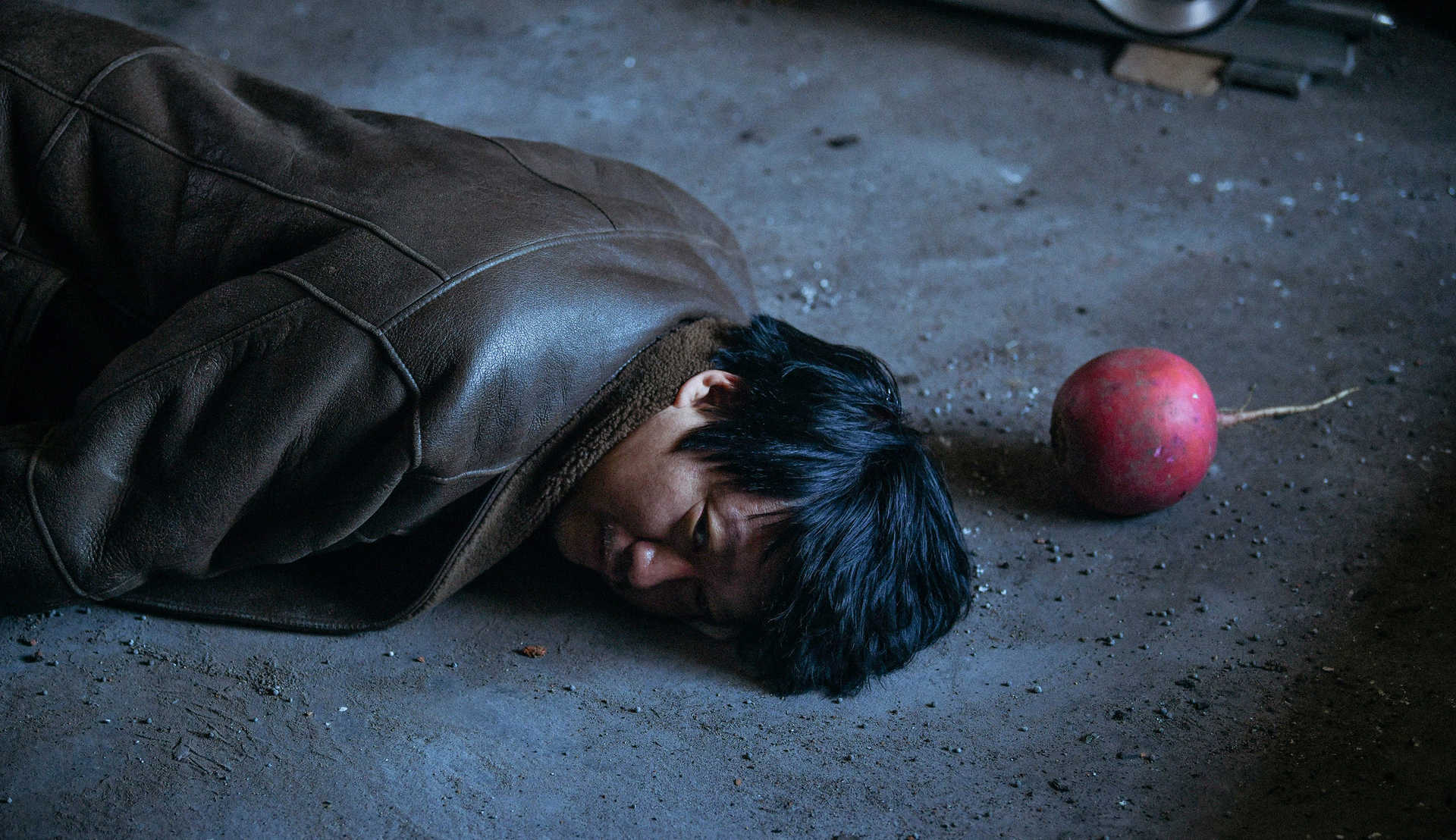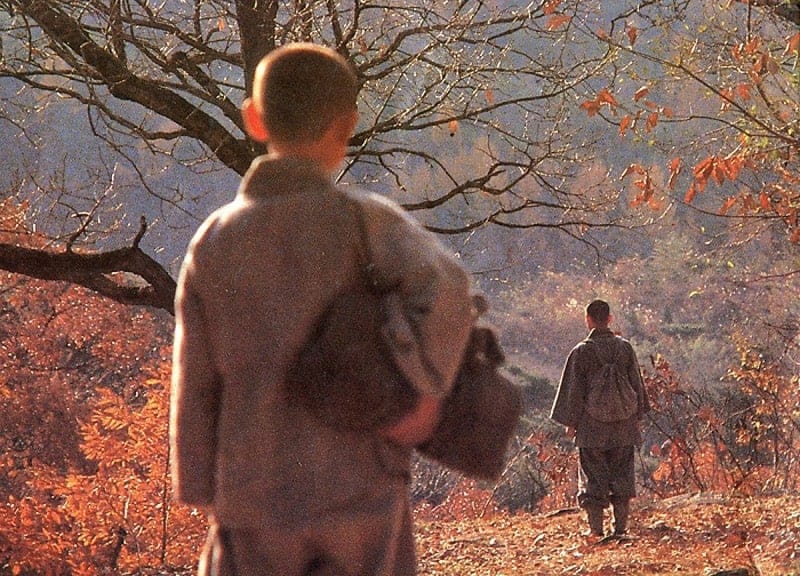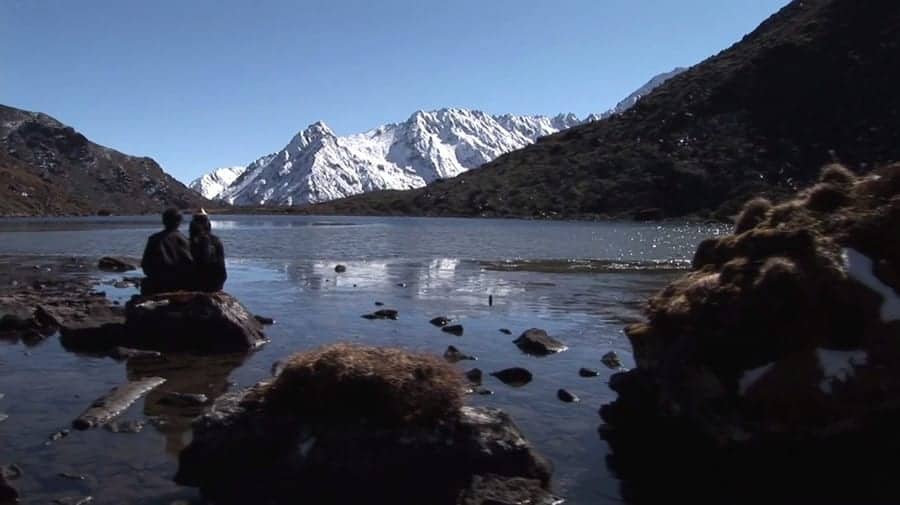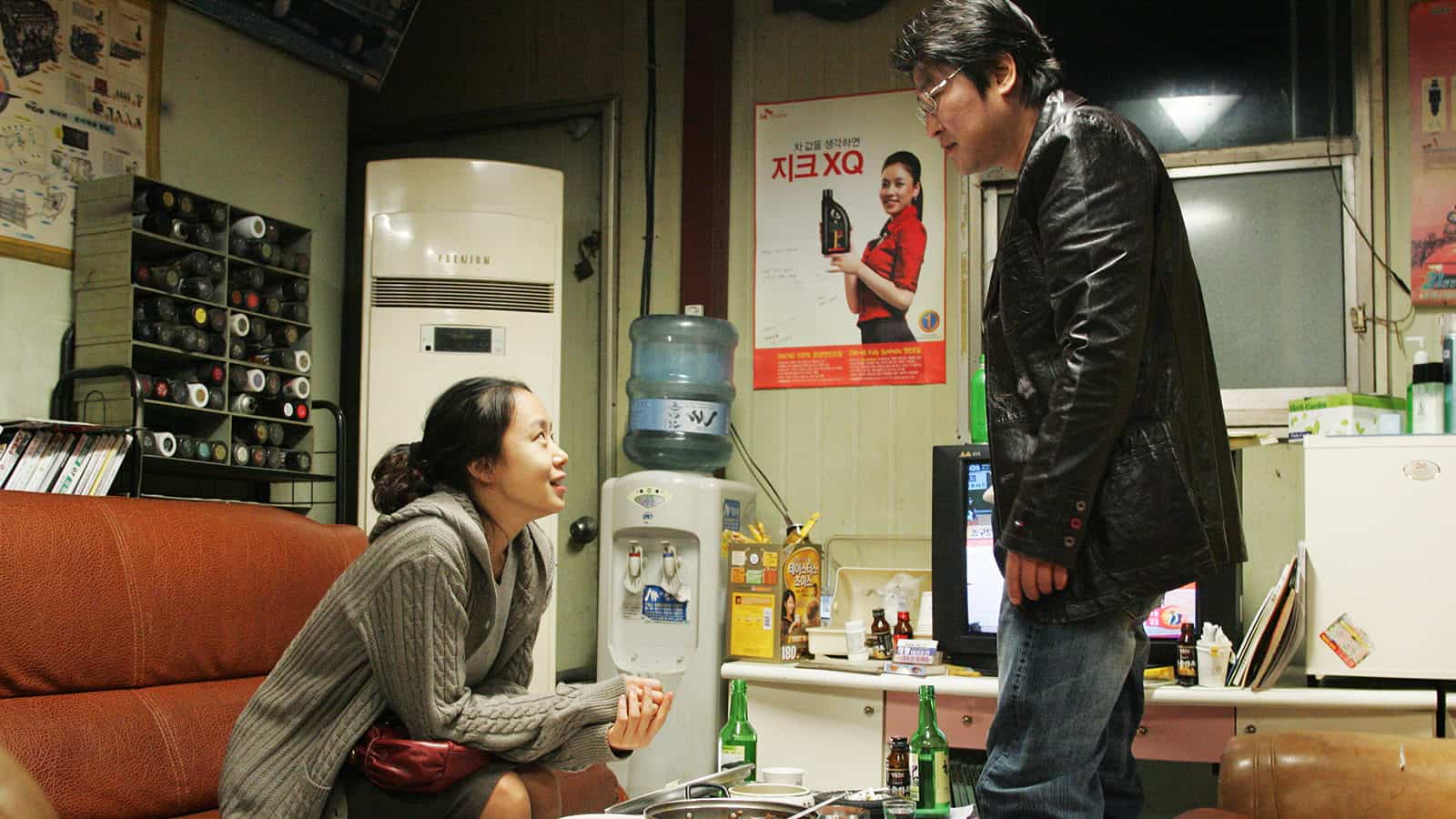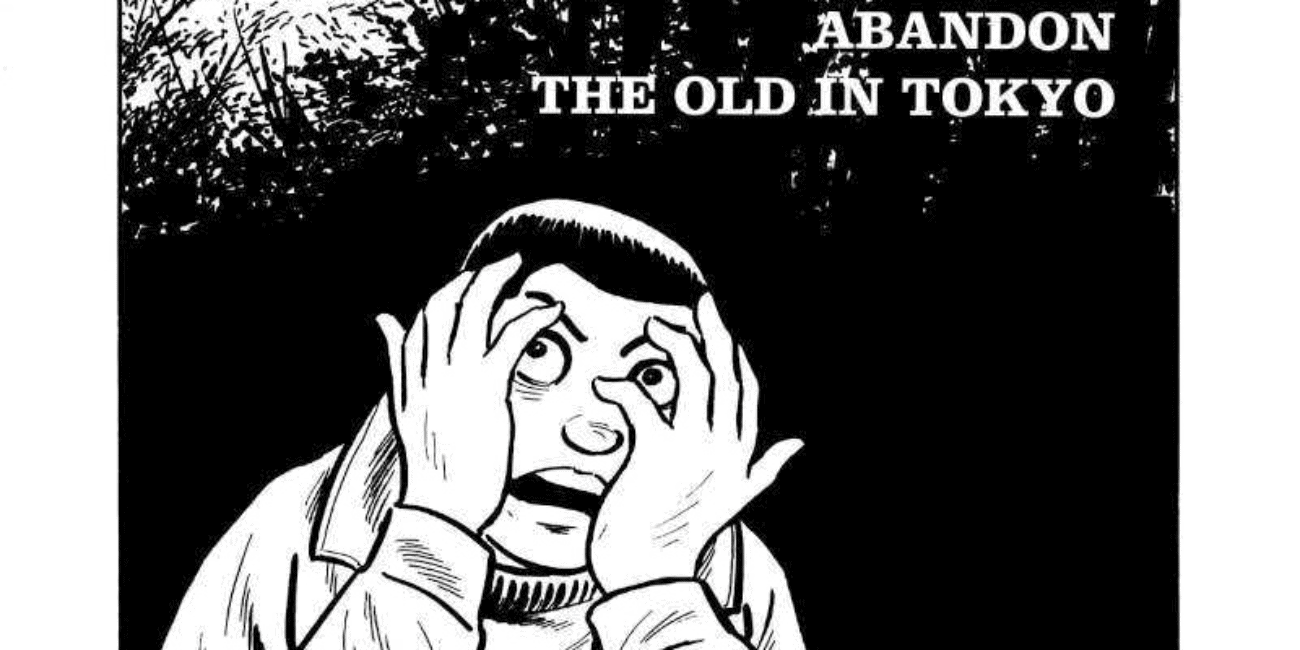Mostly known for elevating the wuxia genre in unprecedented heights, with films like “A Touch of Zen” and “Dragon Inn”, King Hu has also implemented his impressive aesthetics to this 1979 film, which lingers between the thriller and the ghost story, as usual including Zen Buddhist philosophy.
Legend of the Mountain is streaming on MUBI
The story is adapted from a Song Dynasty folk tale and revolves around Ho Yunqing, a young scholar who is tasked by an eminent monk to transcribe a Buddhist sutra said to have immense power over the spirits of the afterlife. To execute his work in peace, he travels to the abandoned premises of an ex-general deep in the mountains, where he encounters a number of strange people. These include Mr Tsui, the man who welcomes him in the area, the mysterious and beautiful Melody and her mother and caretaker of the monastery, Ms Chang, and a half-mad old man named Cheng. Soon, a Lama and a Reverend also appear and a battle ensues between forces trying to steal the sutra and ones who want to keep it from their hands. Furthermore, almost without noticing, Ho finds himself married to Melody, while a bit later another beautiful woman named Cloud emerges.
King Hu builds his story taking his time, with the movie highlighting the mountainous setting and all the flora and fauna of the area in the most impressive way, particularly regarding the outstanding colors. In that fashion, the film, for a large part, functions as a combination of a tour guide and a nature documentary. This aspect benefits the most by Henry Chan's outstanding cinematography, which highlights the bucolic setting in a great manner, with his prowess extending to the various settlements that feature in the film.
Apart from the focus on nature though, King hu weaves an intricate story of a battle between good and evil, where nothing is as it seems, and in which Ho Yunqing finds himself being unwillingly steered toward directions he does not wish or even imagined following. The build-up of the story is ingenious, with Hu starting with a sense that something is wrong in the way the characters behave, which is communicated in very subtle fashion, through some brief looks and a permeating sense of uneasiness.
This tactic lasts until the second half of the movie, where eventually the truth, the opposing “fractions”, and their goals are revealed, and a full-blown and quite prolonged battle ensues, involving magic and a continuous duel of percussions which dominates a large portion of the film with its extreme rhythm, which highlights Ta Chiang Wu's effort in the department. The prowess in the production values also extends to the costumes, which are also designed by King Hu.
The battles are few and mainly occur in the second half of the film, but do not fail to highlight Ming Tsai-wu's work in the department, while they are also visually impressive, particularly considering the date the film was shot (1979).

The acting is also on a very high level. Chun Shih gives another great performance as the educated but quite naive Ho Yunqing, while Feng Hsu as Melody presents a character that appears kind but is actually more than cunning, with gusto. Sylvia Chang as Cloud in the exact opposite role is equally good, although in a smaller part, Rainbow Hsu is delightfully annoying as Madam Wang and along with Feng Tien as Cheng are the main sources of tcomedy in the film.
“Legend of the Mountain” is another great film by a true master of cinema and a wonderful audiovisual experience.


